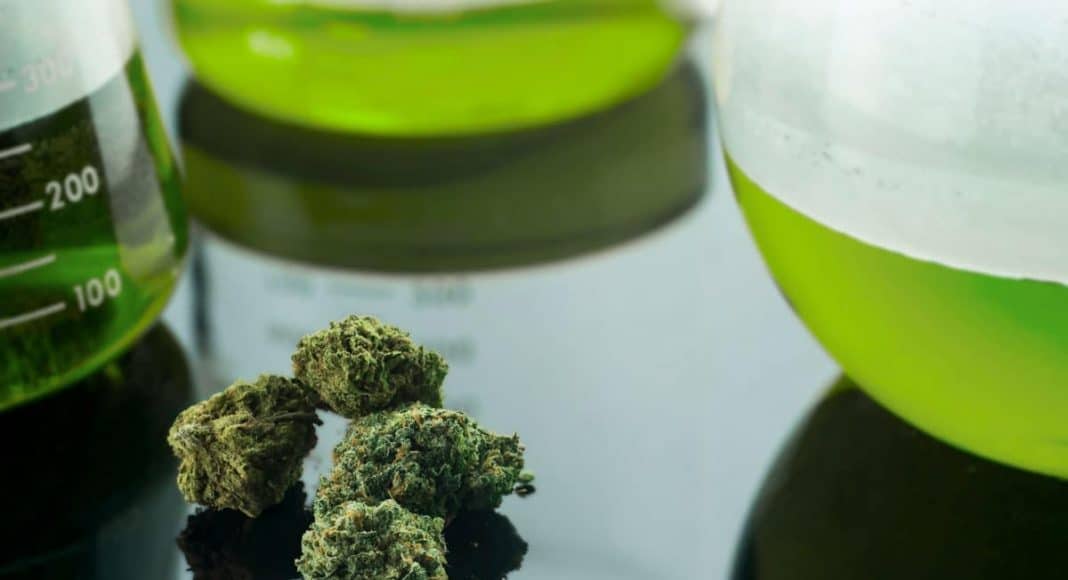Earlier this week, ace cannabis reporter Tom Angell broke a nice story regarding a Senate Appropriations Committee report that, among other things, does the following:
- Expresses “concern” at “the [limited] amount and [constricted] type of research that can be conducted on certain Schedule 1 drugs, especially marijuana.”
- Directs federal agencies to formulate a “National Testing Program for Schedule I Marijuana-Derived Products.”
- Specifically asks for distinct “analysis of marijuana and marijuana derived from products sold commercially in dispensaries or online.”
As far as federal government reports and cannabis, that’s about as good as it gets. We have written here before about the federal cannabis research fail, and ensuing efforts by states and local actors to fill in the gaps; and we have observed that expanding research should be promoted by industry advocates, prohibitionists and everyone in between.
The reasoning is as follows: Advocates should welcome the opportunity for scientific inquiry to validate their position that the plant has medically valuable effects, or is benign. Whereas prohibitionists should seek to validate their view that pot is a gateway drug, or has no medical value.
The Senate report takes an agnostic approach, observing simply that research “is necessary for informing substance abuse prevention efforts, public health policy and law enforcement tactics across the Federal Government.” In further support of its recommendations, the report observes that “scientific rationale and laboratory studies suggest a decrease in addictive potential when botanical derivatives, including cannabidiol extracts, are used with an opioid in treating patients” (our emphasis). That CBD may help combat opioid abuse, which is a problem we have pointed out could also use some attention from law enforcement, is promising indeed.
Just because the Senate committee recommends more funds for cannabis research does not guarantee those funds will be allocated. These recommendations may have wings, however, in that they accompany a bona fide bill (SB 1771). Given that Congress has voted for years to extend state medical marijuana programs — at least when votes have been allowed — the report’s recommendations could become law. And if SB 1771 does make it through, the funds for cannabis research would be allocated for the coming fiscal year, which begins October 1, 2017.
The fact that we have a powerful, bipartisan committee making recommendations of this sort is good news for the cannabis industry, and for the public generally. Reasonable public policy on cannabis should produce reasonable laws. So keep your eye on SB 1771, and any following authorizations. It certainly would be a great start to the new fiscal year.
Attorney Vince Sliwoski heads up Harris Bricken’s Portland office and is a leading practitioner in Oregon’s ever-evolving cannabis industry.
This story first appeared on the Canna Law Blog.


